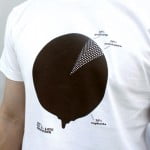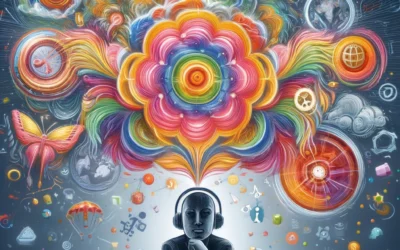Located at Millenia Walk, Singapore, Chocolate Research Facility claim to be the world’s first with their boutique/cafe offering 100 different flavours of chocolate bars.
 I’m not sure if they’re correct in claiming world first status but certainly there an an awful lot of chocolates and they’re not bad tasting either. The chocolates are designed in series with 10 different series to date, each carrying a distinctly different style of packaging : Classic, Exotic, Tea, Coffee, Alcohol, Fruit, Double Fruit, to name but a few. Then you get to choose whether you want that flavour in milk, white or sugar-free chocolate from Germany, Belgium or Switzerland. Prices are around S$10 a block so not cheap but not expensive either and its easy to find excuses to buy a few blocks.
I’m not sure if they’re correct in claiming world first status but certainly there an an awful lot of chocolates and they’re not bad tasting either. The chocolates are designed in series with 10 different series to date, each carrying a distinctly different style of packaging : Classic, Exotic, Tea, Coffee, Alcohol, Fruit, Double Fruit, to name but a few. Then you get to choose whether you want that flavour in milk, white or sugar-free chocolate from Germany, Belgium or Switzerland. Prices are around S$10 a block so not cheap but not expensive either and its easy to find excuses to buy a few blocks.
A cafe is also part of the chocolate shop where they sell chocolate inspired dishes though frankly they’re miminal and really its all about the chocolate bars.
 They’ve also fairly recently opened a new store in Wheelock Place which looks even more stunning.
They’ve also fairly recently opened a new store in Wheelock Place which looks even more stunning.




















